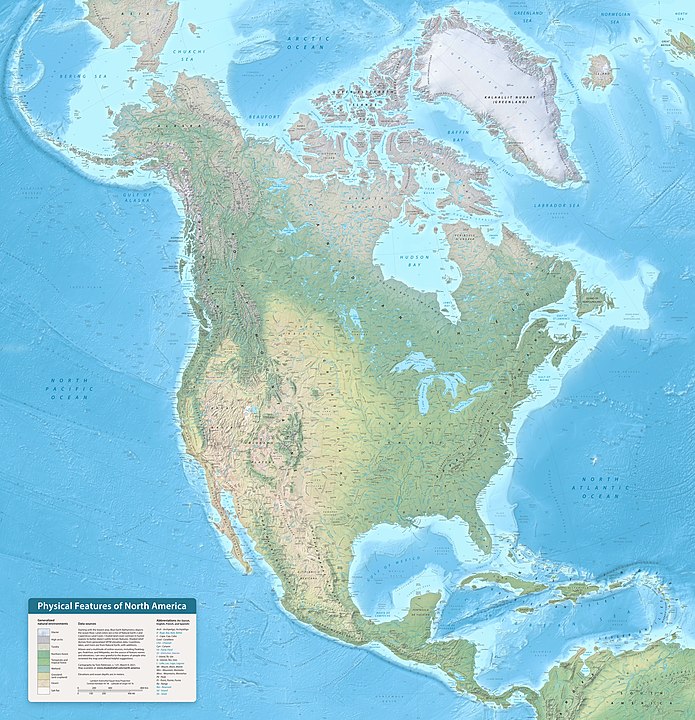Industry News
USMCA Panel Finds for Mexico and Canada in RVC Dispute
TweetJan. 17, 2023
By:
Pietro N. Bianchi
A Panel ruled on a dispute over the interpretation of the United States – Mexico – Canada Agreement (USMCA) in favor of Canada and Mexico over that of the United States. The dispute was over how the regional value content (RVC) of vehicles should be calculated. It is unclear how the United States will address the panel’s decision.

Under the USMCA, a percentage (66% in 2020, 69% in 2021, 72% in 2022, and 75% in 2023) of 1) a vehicle and 2) several of its core parts must originate within North America to qualify for duty-free treatment. Canada and Mexico argued that if a core part is deemed to originate by meeting the RVC threshold, it is considered to be 100% originating when calculating the RVC content of the vehicle itself. The U.S. argued that even if a core part is deemed to originate, that part’s RVC must be calculated when determining the RVC content of the vehicle itself.
To illustrate this dispute, let’s assume that an automotive producer is calculating the RVC of a vehicle that has a transmission with an RVC of 75%. This transmission RVC is high enough to be considered originating during any year under the USMCA’s RVC schedule. Under the U.S.’s interpretation of the USMCA, only 75% of the value of the transmission should be considered when calculating the RVC of the vehicle itself. Under Canada and Mexico’s interpretation of the USMCA, the transmission is originating and therefore, the total value of transmission should be considered as a North American part when calculating the RVC of the vehicle itself.
The panel found Canada and Mexico’s interpretation of the USMCA to be correct, stating that to “conclude otherwise would require an express exemption or the use of different language entirely.” Proponents of the U.S.’s position state that the decision will dilute the amount of North American content needed to qualify for duty free status, while proponents of Mexico and Canada’s position maintain that the decision provides importers with stability and predictability in regard to trade policies and that the dilution created is minimal.
The USTR is yet to comment on the panel’s decision, and it is unclear whether the decision will be honored. Considerations may include whether the USTR believes the USMCA is advancing its goal of returning manufacturing to America and the increased costs that are likely to be passed onto consumers if vehicles do not qualify for duty free status. There is also speculation that RVC calculations will be a point of contention during future trade policy negotiations.
If you have questions about the USMCA do not hesitate to contact an attorney at Barnes Richardson, & Colburn LLP.
